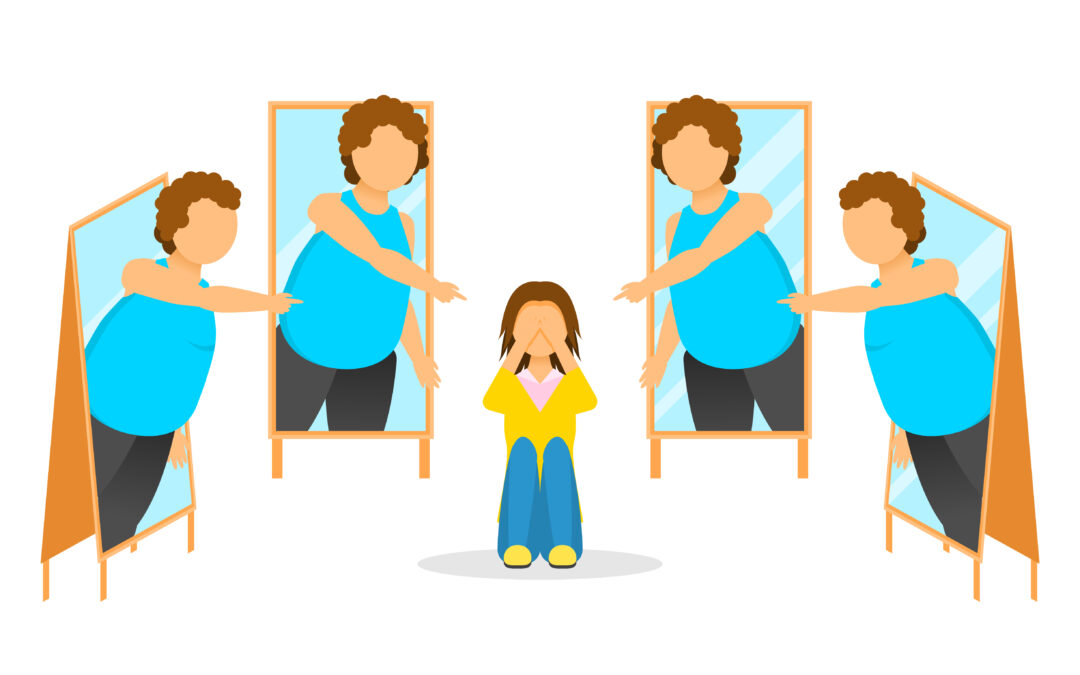If you suffer from body dysmorphia, you know how much the condition can impact your daily life. From hours spent worrying over your physical appearance to constant anxiety in social situations, body dysmorphia can cause significant problems for people who suffer from the condition. Luckily, there are things you can do to help overcome the condition; whether it’s therapy or support groups, help is available and can set you well on the road to recovery.
What is Body Dysmorphia?
Body dysmorphia, also known as body dysmorphic disorder, is a mental health condition in which a person fixates on negative thoughts about their body. In many cases, it impacts multiple aspects of their lives and prevents them from living a normal daily existence. Although many people worry about their physical appearance, body dysmorphic disorder is different in that it is both illogical and pervasive in a person’s thoughts.
No one knows exactly what causes body dysmorphia, but it is believed to be some combination of psychological, environmental, and hereditary factors. Roughly one in 100 people with suffer from the condition. Common signs that a person is suffering from body dysmorphic disorder include the following:
- Avoiding mirrors or constantly looking at mirrors
- Frequent grooming
- Avoiding leaving the house or skipping social activities
- Always asking others if your appearance is okay
- Picking at your skin
- Feeling depressed or anxious
How to Treat Body Dysmorphia
If you think you are suffering from body dysmorphic disorder, the good news is that help is available. Once you have received a diagnosis from a medical professional, you will likely undergo a treatment regimen that consists of therapy and possibly medication as well. There are a number of different types of therapy a person suffering from body dysmorphia can undergo, but cognitive behavioral therapy (CBT) is one of the most common. CBT can help you change your way of thinking and allow you to eliminate negative thoughts. It can also teach you to reframe your thinking, substituting positive ways of looking at yourself and the world around you.
Along with therapy, your medical provider may also recommend a course of medication, most likely a selective serotonin reuptake inhibitor (SSRI) or another anti-depressant. This medication can help control negative and repetitive thoughts.
Finally, joining a support group can be an excellent supplement to other treatment. Support groups allow you to feel like you are not alone and that there are other people going through the same thing as you are. In addition, you will always have someone to turn to in times of need.
Contact Bluewater Psychiatry
At Bluewater Psychiatry, we’re here to help. If you think you might be suffering from body dysmorphia, give us a call today. We are dedicated to providing compassionate care and we tailor all your treatments to the individual patient. Fill out the contact form below and begin your road to recovery.

